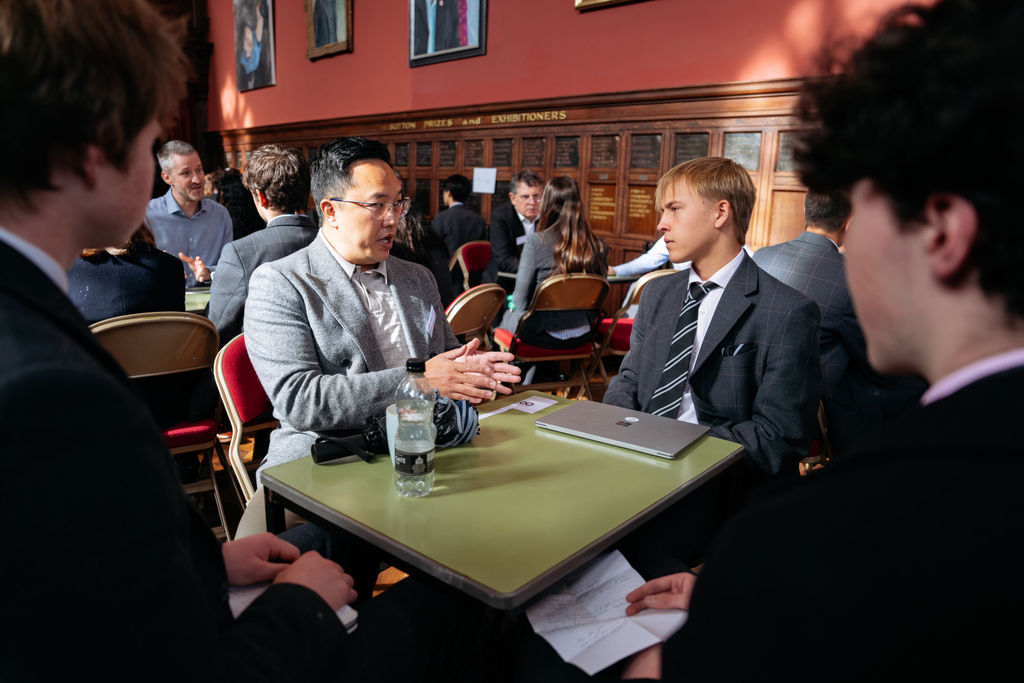The Charterhouse Community
At the heart of our School is a thriving community that lasts a lifetime. Pupils, alumni, parents, and staff remain closely connected through shared experiences, strong friendships and a deep sense of belonging.
Our global alumni network spans industries and continents, offering professional support, mentoring and opportunity.
Parents are warmly welcomed into school life and encouraged to stay involved long after their children have left. Whether through events, careers advice, or lifelong friendships, the School community is a connection for life.
We have developed a global programme of events and activities which recognises the importance of connection during your time at Charterhouse and beyond - offering networking events, mentoring support, and social opportunities for all members of our community.
Charterhouse Connect
Charterhouse Connect is the official global networking platform for our alumni and School community. Powered by Graduway, it provides a trusted space for Old Carthusians, parents and senior pupils to stay connected with one another and with the School.
Through the platform, alumni can:
-
Reconnect with old friends and classmates.
-
Expand their professional networks with fellow members of our community from around the world.
-
Offer or seek career advice and mentoring.
-
Discover news, events and opportunities to stay engaged with the School.
Whether you left Charterhouse last year or decades ago, Charterhouse Connect makes it simple to remain part of our vibrant community. Joining is free, quick and secure – and ensures you are part of a network that lasts a lifetime.
Events
Our events programme brings the Charterhouse community together throughout the year, offering opportunities to connect, learn and celebrate.
From professional networking receptions and thought-provoking lectures, to our flagship Charterhouse Inspires event, the calendar is designed to spark ideas and strengthen friendships. Musical performances, reunions and social gatherings add further richness, ensuring there is something for everyone to enjoy.
These occasions are more than dates in the diary – they are moments to share experiences, exchange knowledge and deepen the bonds that unite Old Carthusians, parents, pupils and friends of the School around the world.
Old Carthusians (our Alumni)
We believe in ‘Friends for life’. Our aim is to keep all Old Carthusians connected to the School, to each other, in meaningful ways throughout their lives. We also offer professional networking, career support, and advice to help OCs thrive beyond their time at Charterhouse.
A wide range of clubs, societies, and house associations - run by dedicated volunteers - offer opportunities for OCs to stay engaged through sports, cultural events, and social activities.
Parents
We value our parents not only as partners in their child’s education, but as active members of our wider school community.
Through our active parent network, families build friendships, make valuable professional connections, and take part in a rich calendar of School events. Whether supporting a team on the touchline, providing professional advice, or connecting with fellow parents across industries, there are countless ways to be part of school life. This sense of community and shared purpose stays with our families for years to come.
Networking & Mentoring
Networking events are at the core of our annual Charterhouse Community programme.
Each year we run events for the Finance, Property, Law, Media and Communication sectors as well as our popular all-industry networking events. Our networking events are a great way to meet OC’s and Parents who are interested in providing career advice and support as well as mentoring opportunities.
We have many members of our community who are willing to help provide mentoring, advice and support.










